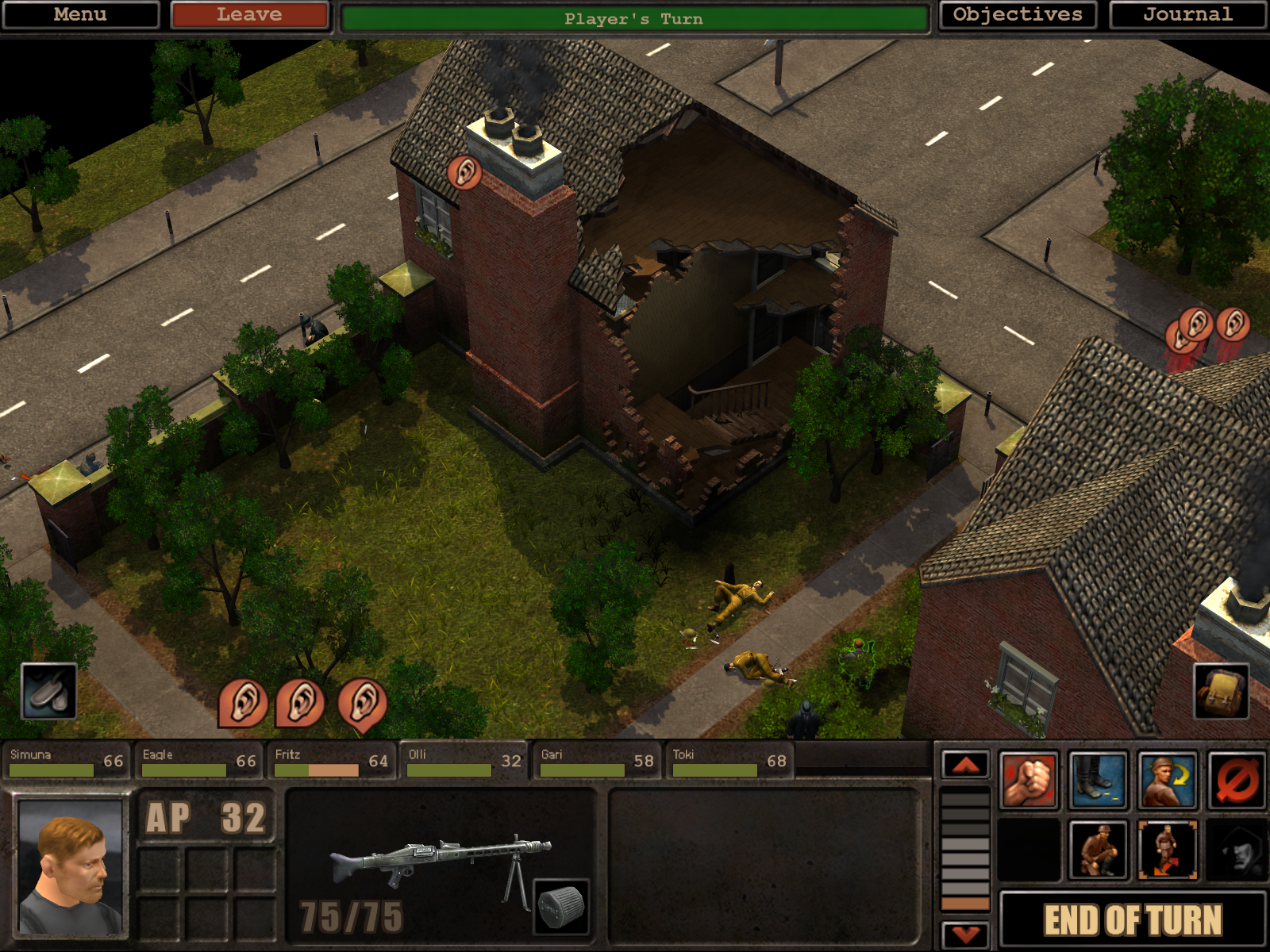Twiglard, you're just moving the goalpost. It seems like an engine is to you what you want it to be - so in your definition, of course you can pick and choose the games you want and say that used or didn't use engines. But that only makes the point irrelevant.
It doesn't change the fact that many games only came into existence thanks to "external toolkits that offer pre-programmed functions that serve as gears that make specific functions possible without you having to program them directly" (or at least drastically reducing the workload). If you don't want to call it an engine, you can call it blazingacode or whatever else you prefer. Most of the newer games use "blazingacode" as a way to streamline the production and are only possible because of this, even if they don't use "engines" - in which case, engines sound like irrelevant stuff for the point being made here anyways.
It doesn't change the fact that many games only came into existence thanks to "external toolkits that offer pre-programmed functions that serve as gears that make specific functions possible without you having to program them directly" (or at least drastically reducing the workload). If you don't want to call it an engine, you can call it blazingacode or whatever else you prefer. Most of the newer games use "blazingacode" as a way to streamline the production and are only possible because of this, even if they don't use "engines" - in which case, engines sound like irrelevant stuff for the point being made here anyways.


























